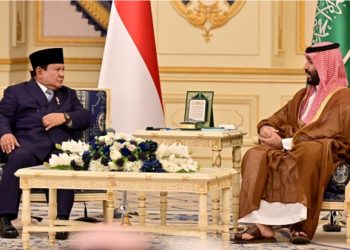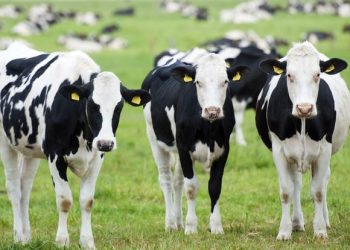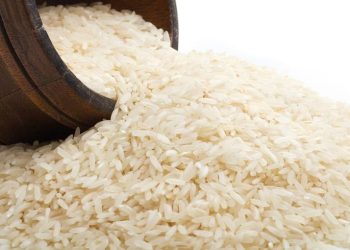Jakarta, Indonesia Sentinel — President Prabowo Subianto has ordered the elimination of import quotas, particularly for essential commodities that affect the daily lives of Indonesians. The directive was delivered during an economic forum held in Jakarta on Tuesday (April 8, 2025).
Prabowo instructed the Ministry of Agriculture and the Ministry of Trade to dismantle the existing quota system, arguing that such restrictions are no longer necessary.
“No more quotas. If you want to import, just go ahead. Our people are smart, we don’t need quotas,” Prabowo said firmly.
The president also emphasized the need for neutrality in the import process, criticizing a system that often benefits only a select few companies. He framed the move as part of a broader strategy to cut red tape and create a more transparent and competitive business environment.
However, the policy has sparked debate, as it appears to contradict the government’s long-standing goal of achieving food self-sufficiency. Critics warn that removing import quotas could undermine domestic production and put local farmers at a disadvantage.
Deputy Agriculture Minister Responds
Responding to public concern, Deputy Agriculture Minister Sudaryono assured that scrapping import quotas would not harm local industries or farmers.
“We will still protect domestic producers, that’s a must. Eliminating quotas doesn’t mean opening the floodgates and letting local industries collapse,” Sudaryono states, as reported by Antara on Friday (April 11, 2025).
Read Also:
Support Self-Sufficiency Goals, Indonesia Boosts 2025 Food Security Budget to Rp155.5 trillion
He emphasized that the government remains committed to safeguarding national interests and boosting local agricultural output. According to Sudaryono, the new policy aims to build a more equitable and efficient national food supply chain.
While pledging to uphold the country’s food self-sufficiency goals, Sudaryono noted that the quota removal would only apply to certain sectors. He also highlighted the potential benefits for the broader population, especially in terms of lower prices for protein-rich foods such as meat.
Import quotas have long been vulnerable to corruption. Under the quota system, only certain companies were granted import rights, forcing others to purchase licenses from quota-holders. This practice inflated commodity prices and created distortions in the market.
(Raidi/Agung)

























